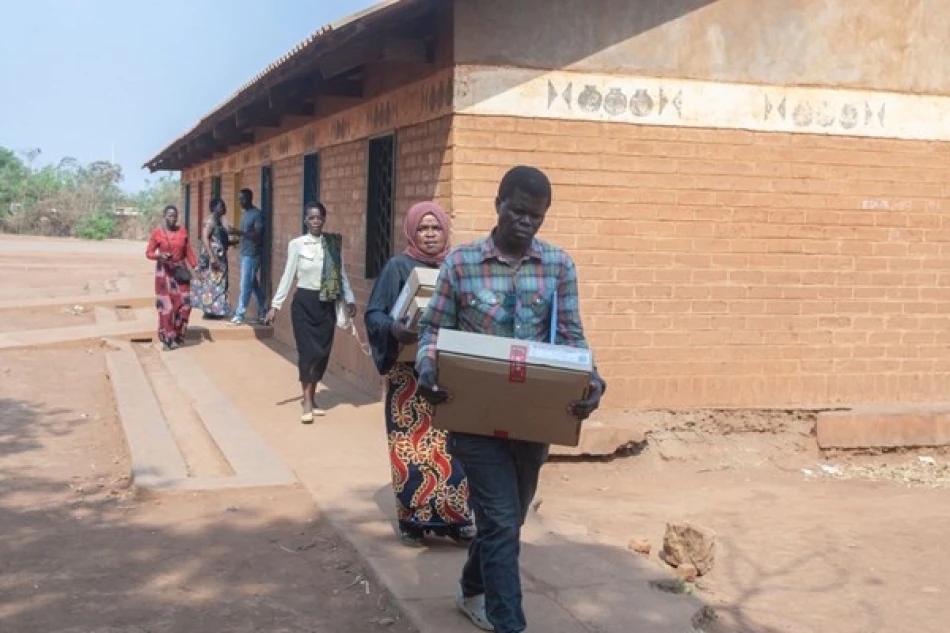
Malawians Cast Ballots in Crucial Presidential and Parliamentary Elections
Malawi's Democratic Test: President Chakwera Faces Uphill Battle for Second Term
Malawi's 21 million citizens headed to the polls Tuesday in a pivotal election that will determine whether President Lazarus Chakwera can secure a second term or if former President Peter Mutharika will stage a political comeback. The contest marks the first national election since the country's landmark 2019 presidential vote was annulled by the courts—a rare democratic victory in a region where electoral disputes often go unresolved.
A Crowded Field in a Fragile Democracy
Chakwera faces 16 challengers in what has become a test of Malawi's democratic institutions. The incumbent president, who came to power in 2020 after the constitutional court ordered a historic re-run of the disputed 2019 election, now confronts voters amid economic challenges and questions about his administration's performance.
Mutharika, whose initial 2019 victory was overturned due to irregularities including the use of correction fluid on ballot papers, represents the strongest opposition threat. His return to the political arena underscores the cyclical nature of politics in many African democracies, where former leaders often attempt comebacks.
Regional Significance Beyond Borders
This election carries weight far beyond Malawi's borders. The southern African nation's 2020 election was hailed internationally as a rare example of judicial independence overruling executive power—a precedent that resonates across a continent where democratic backsliding has become increasingly common.
Economic Pressures Shape Voter Sentiment
Like many African nations, Malawi has grappled with economic headwinds including currency devaluation, inflation, and the lingering effects of global supply chain disruptions. These bread-and-butter issues typically drive voter behavior more than abstract democratic principles, potentially working against the incumbent despite his democratic credentials.
What This Means for Regional Stability
The outcome will influence broader democratic trends in southern Africa, where countries like Zambia have seen peaceful transfers of power while others face increasing authoritarianism. A smooth electoral process in Malawi could reinforce the region's democratic institutions, while disputed results might encourage other leaders to challenge unfavorable court decisions.
For international observers and development partners, Malawi's election serves as a barometer for whether the country's 2020 democratic breakthrough was an anomaly or part of a sustainable democratic culture. The presence of multiple candidates suggests a competitive political environment, though the real test will come in how disputes—if any—are resolved through institutional channels rather than street protests or political violence.
Most Viewed News

 Layla Al Mansoori
Layla Al Mansoori






